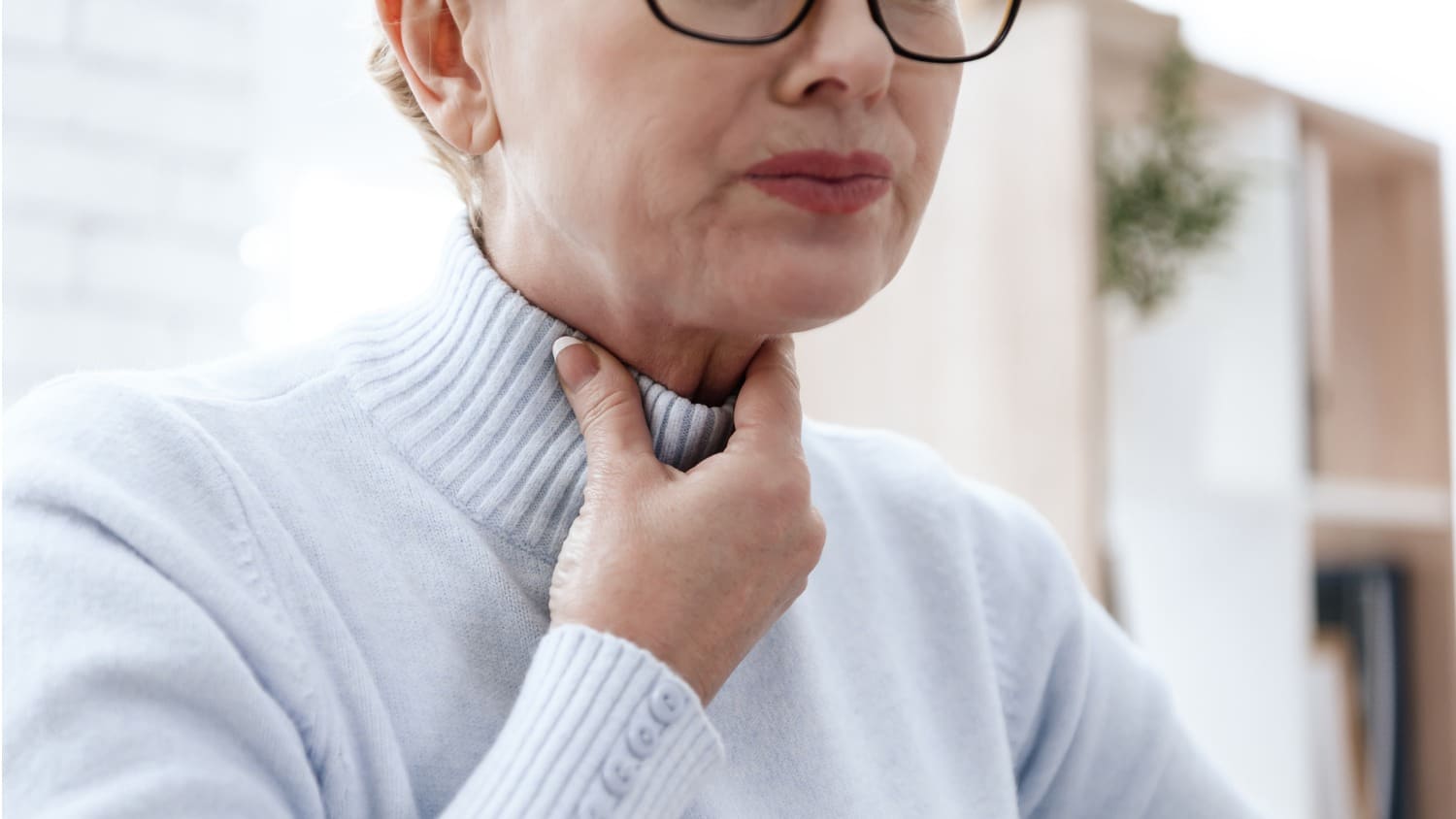
Is Your Lymphatic System Resilient?
With so many viruses circulating this time of year, it’s important to talk about what makes your body resilient and actively supported in the first place.
Your lymphatic system warrants your attention and there’s no shopping required. It plays a prominent role in immunity and has a critical foundational role in a strong immune system. When your lymphatic system is functioning well it enables a healthy rebound from illness and often prevention itself.
What’s It All About?
The lymphatic system is a complex matrix of vessels, capillaries, nodes and organs that include bone marrow, thymus, tonsils, spleen as well as mucous membranes. Its function is vital to preventing disease. In simple terms, it’s a passageway for immune cells, proteins, fats and oxygen and a clearing system for toxins and waste.
Lymph vessels bring oxygen and nutrients to cells and remove waste from them. Clusters of cells known as lymph nodes filter out anything suspicious and restore excess fluid and proteins back to your blood.
Lymph vessels called lacteals make up the largest collection of lymph vessels in the body. They’re essential in absorbing fats and the fat-soluble vitamins A, D, E, and K. So no matter how much vitamin D you take, if it’s not being absorbed it’s likely not helping you.
How Does Aging Affect the Lymph System?
Aging, along with poor diet and lifestyle choices, creates challenges for the lymphatic system. As you get older, systems slow down due to a lifetime of toxic buildup, overload and the more sedentary lifestyle that often sets in.
Dehydration
Dehydration happens at any age but as you get older it takes the body longer to recognize that it needs to be hydrated. This onset of dehydration causes lymph tissue to become stiffer and less elastic, causing joint pain and limited mobility. The tissue also becomes more fatty and accompanies atrophy of muscle.
Inflammation Becomes More Prevalent
Research shows that weakened vessel walls and a decrease in muscle cells can cause fluid leakage resulting in inflammation that weakens muscle contraction and impairs lymph flow.
Low Nitric Oxide
Nitric oxide production decreases significantly by the time we reach our 40s. Limited nitric oxide availability has been shown to cause leaky lymphatic vessels, weaker muscle contraction and is associated with the development of lymphedema, atherosclerosis and obesity.
Chronic Stress
Stress sits in the gut and wreaks havoc when it’s chronic. Food allergies, sensitivities, diets high in processed foods, artificial sweeteners, refined sugar and oxidants cause congestion of these vessels and slow down lymph flow and detoxification.
Lymphatic Drainage
In the brain, studies show impaired lymphatic drainage plays an important role in the onset of Alzheimer’s disease. When lymph vessels start to leak due to toxic buildup, skin cancers and other skin conditions can develop in older adults. Make sure your body is sweating, and if you notice you hardly perspire, check in with your physician.
Dead Cells
Dead cells and damaged cells that aren’t efficiently flushed out create an inability to fully absorb oxygen and nutrients while weakening their ability to fight infection and the onset of disease. Chronic stress is a big factor in exacerbating this inability.
Possible Signs of Impairment
There are many symptoms that on their own could relate to almost anything, but when you experience a few of these it may be a sign of a sluggish lymphatic system that needs attention.
- Brain fog
- Constant colds
- Cellulite
- Cold hands and feet
- Constipation
- Ear infections, build up of ear wax
- Excessive sweating
- Fluid retention, bloating
- Itchy dry skin
- Onset of allergies
- Puffy eyes
- Respiratory congestion
- Swollen nodes (most noticeable at the neck, below the ears and jaw line, groin and armpits)
- Stiff achy joints
- Swollen ankles/feet
- Sinus congestion
- Skin rashes
Good Nutrition Equals Healthy Lymph
Mineral imbalance, an irritated digestive system and a gut that doesn’t function well is added stress on the body and the lymph system. It destroys lymph tissue and has negative impact suppressing immune function by reducing lymphocyte capabilities.
Adopting an anti-inflammatory diet will boost your body’s ability to maintain a proper functioning lymphatic system when paired with some of the suggested actions above.
Avoid highly processed foods, refined sugars, and poor quality proteins and fats that cause inflammation and a build up of toxins. Eat an abundance of leafy greens, vegetables and fruits rich in polyphenols. Add in seeds, nuts, wild fish, ginger, turmeric, garlic and high fiber foods that bind to toxins and flushes them out.
Complement good food with restorative herbal teas such as nettle for allergies and sensitivities, ginger for inflammation, and lemon, burdock, dandelion and chamomile for cleansing.
Get Moving
Lymphatic vessels, although similar to blood vessels, differ in how they move fluid. The heart acts as a pump to move blood but the lymphatic system doesn’t have any active pump. It relies on skeletal muscle movement, smooth muscle contraction within the vessels and simple respiratory action to move fluid along and flush toxins out through your kidney, liver, colon, skin and lungs.
Below are some ways to keep your lymph flowing. Make some of these part of your regular daily routine, and make movement a priority in your life.
Hydration
Hydration is vital to a healthy functioning lymph that is 90% water. In addition, it maintains healthy joints and prevention of dehydration in the body as cells need water to function. Drinking at least half your body weight in ounces is a good place to start, yet often much more is needed.
You can add a tablespoon of ground chia seeds to your water to help you absorb what you drink and a pinch of salt or squeezed lemon for additional electrolytes and cleansing properties.
Massage
Massage in areas like the gut, armpits, neck where lymph nodes and vessels are in abundance can benefit from treatment to help flow, especially when there is acute swelling. There are many practitioners that specialize in lymphatic drainage massage.
Dry brushing, like massage, stimulates movement. It also improves blood circulation and exfoliates the skin. All vessels move in one direction toward the heart so brushing should always be clean strokes toward the heart.
Breathing
Diaphragmatic breathing helps push lymph along and additionally massages the lymph nodes. This is full belly breathing. Your belly expands with every inhale and deflates with every exhale. Our breath is powerful when we use it correctly. When you breathe through your nose you release nitric oxide which, as stated above, is very beneficial to changes that occur with age.
Body Movement
Movement and exercis are another great way to improve nitric oxide production and decrease inflammation. A sedentary lifestyle is a straight road to lymph problems. So get up and move when you can. Stretching, walking, running, jumping, yoga, tai chi, gardening, cleaning. The list is endless.
Strategic Showers
Alternating hot and cold showers, baths, foot baths or other forms of water therapy is a great way to wake up your system and get things moving.
Let’s Have a Conversation:
Have you noticed some changes in your lymphatic system? What choices in nutrition and lifestyle are you prepared to make to boost your immunity?
Tags Healthy Aging







Last week, I ordered a rebounder trampoline from Amazon. Can’t wait for it to arrive. Rebounding is supposed to be super beneficial for the lymphatics.